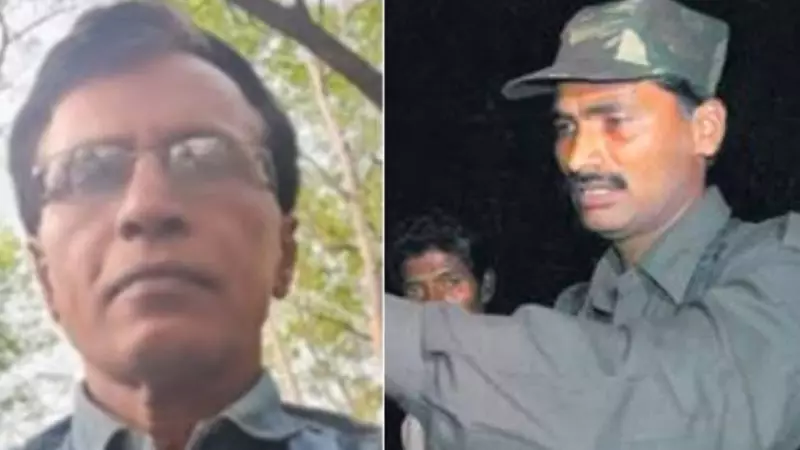
In a dramatic development that has sent shockwaves through security circles, a prominent Maoist leader known for his fierce advocacy of armed revolution has surrendered to authorities in Chhattisgarh, only to be appointed as the government's new public liaison officer.
Arvind Baldevanand Joshila, who operated under the nom de guerre Sannu, was a senior member of the Malanger Area Committee and part of the powerful Darbha Division of the banned CPI (Maoist). His surrender marks a significant victory for security forces in the conflict-ridden Bastar region.
From Underground Operative to Government Representative
What makes Joshila's case particularly intriguing is his immediate transition from wanted Maoist operative to government-appointed liaison. Despite formally surrendering, Joshila has made it clear that he hasn't abandoned his ideological commitment to armed struggle as a means of revolution.
"The armed struggle is the only path to establish people's rule," Joshila stated unequivocally during interactions. This paradoxical position raises questions about the complexities of counter-insurgency operations and rehabilitation policies.
A Deep-Rooted Maoist Career
Joshila's journey through the Maoist ranks reveals his significant role in the movement:
- Active in the Maoist movement for over 15 years
- Key member of the Malanger Area Committee operating in Sukma and Dantewada districts
- Part of the strategic Darbha Division leadership
- Involved in multiple encounters with security forces
The Surrender Process and Immediate Aftermath
The surrender was facilitated through a carefully coordinated operation involving multiple security agencies. Joshila is currently undergoing the standard surrender protocol, which includes:
- Detailed debriefing sessions with intelligence officials
- Psychological assessment and counseling
- Legal procedures for pending cases
- Rehabilitation planning under government schemes
Security Implications and Future Challenges
Security experts view Joshila's surrender as both an opportunity and a challenge. His extensive knowledge of Maoist operations, hideouts, and strategies could provide crucial intelligence to security forces. However, his continued ideological stance presents unique complications for his rehabilitation and role as a government liaison.
"This case represents the complex reality of counter-insurgency operations," noted a senior security official familiar with the matter. "While surrenders are welcome, the ideological transformation often lags behind the physical surrender."
The development comes at a time when security forces have intensified operations against Maoist groups in the Bastar region, leading to increased surrenders and encounters. How Joshila navigates his new role while maintaining his revolutionary beliefs remains to be seen, making this one of the most intriguing developments in India's ongoing battle against left-wing extremism.






